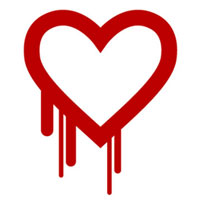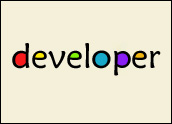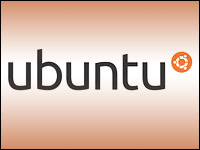
Google has responded to Oracle’s lawsuit alleging that it infringed on its Java patents by going on the offensive. Oracle has made an about-face on its support for open-source licensing, Google maintains in a response filed in the U.S. District Court for the Northern District of California.
Before Oracle acquired Sun Microsystems, Google notes, it was critical of Sun’s unwillingness to open-source a virtual machine test kit as it released the rest of the platform — but now that it has Sun Microsystems under its roof, it has reversed course.
Google presents other challenges to Oracle’s claims as well — namely that the patents in question are invalid and that even if they were valid, Google did not infringe them.
Google also argues that Oracle has no standing to bring the suit to court since it isn’t being damaged by Android.
‘Clean Room’ Implementation
Oracle filed its lawsuit in August, claiming that Google’s Android OS infringes Oracle’s Java-related intellectual property, including its Dalvik virtual machine, which features just-in-time compilation.
In its response, Google denies Oracle’s seven claims of patent and copyright infringement, arguing that it incorporated a”clean-room implementation” of the Dalvik virtual machine into the Android OS. Google has asked the court to dismiss Oracle’s lawsuit and to declare the patents in question invalid.
Google’s argument is based on its contention that Sun Microsystems pledged to make Java open source — and released the virtual machine technology under a license that allows developers to create their own “clean room” implementations.
“If those implementations demonstrate compatibility with the Java specification, then Sun would provide a license for any of its intellectual property needed to practice the specification, including patent rights and copyrights,” Google notes in its response. “One example of a ‘clean room implementation of Sun’s Java is Apache Harmony, developed by the Apache Software Foundation.”
The Dalvik virtual machine is based on a subset of Apache Harmony, Google maintains.
Crux of the Matter
“Oracle’s acquisition of Sun earlier this year has caused many people to wonder about the state of Java and open source,” Raymond Van Dyke, a technology lawyer in Washington, D.C., told LinuxInsider. “Although Sun acquired patents, they generally did not assert them, focusing on open source.”
Oracle is different, needless to say, with a heavier focus on the bottom line — not to mention a more aggressive attitude toward competitors.
The issue at the crux of the case is whether a particular Java code was modified to operate in Android, explained Van Dyke. That would violate the open source licenses with Oracle and run afoul of the philosophical principles underlying open source.
However, these issues are subtle ones — as well as highly technical — and unlikely to be decided any time soon.
Google’s Stakes
Ultimately, the Supreme Court may weigh in on the issue, said Christopher Collins, an attorney with Vanderpool, Frostick & Nishanian.
“This case should be good legal fodder on many broader issues — most significantly, what is the proper reach of software patents these days,” Collins told LinuxInsider.
It is a complex case fought along dual lines, he said — both public relations and technology.
Google’s argument that Oracle is attacking open source licensing policies it used to support “is a clever marketing gimmick for this suit. I don’t think it is technically correct because the accusations — as I understand them — are that Google’s implementation of the Android mobile OS directly infringes the Oracle Java patents. To the extent that Oracle’s allegations are correct, the open source argument fails.”
Viewed another way, if Google truly developed Android using only open-source software, then the infringement issue would be decided by examining the strength of Oracle’s patents against “clean-room” implementations or code dedicated to the public that is technically unpatentable, continued Collins.
“I think the open-source software wins,” he said, “but that really presupposes the answer, so we’ll have to wait to see how the parties develop the facts surrounding the creation of Android versus the scope of the Java patents. Unfortunately, much of this is likely to be handled behind closed doors.”
For Google, he noted, the stakes are very high: “If Oracle could truly hamstring Android, the license fee that Google would be willing to pay would be astronomical.”




















































